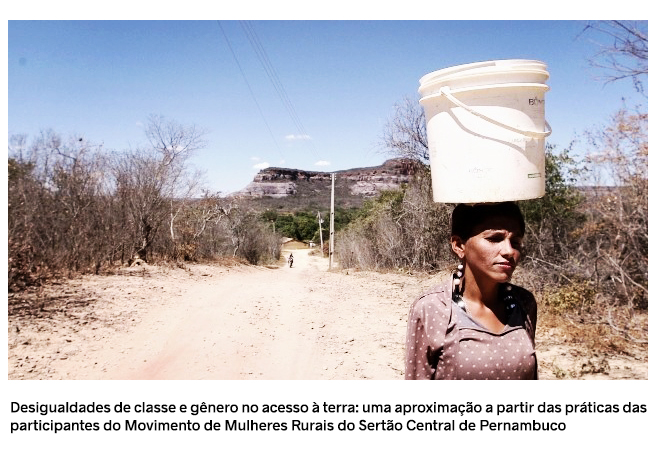Deserted Fields: The destruction of agriculture in Mong Nai Township, Shan State
Summary:
"Wrong-headed agricultural and development policies, counter-insurgency activities, as well
as corruption and cronyism by the Burmese military regime, have all caused a dramatic
decrease in rice production and food security in southern Shan State over the past ten years.
The township of Mong Nai provides a good example of how food security, commonly defined
as the physical and economic access to sufficient, safe and nutritious food at all times, has




